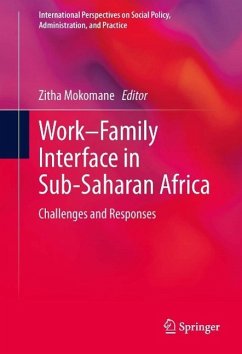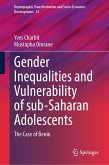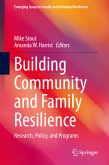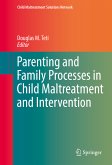Challenges and Responses
Zitha Mokomane, editor
Problems associated with work-family conflict do not belong to individual families alone, but have a major social and economic impact on the greater community. This scenario also holds true across sub-Saharan Africa, as nations enter the global economy and rising numbers of women enter the workforce.
One of the first resources to focus on this region, Work-Family Interface in Sub-Saharan Africa probes rarely-studied dimensions of conflict between paid employment and family responsibilities. It balances theoretical background, empirical findings, and current and emerging interventions for an insightful and practical review of ongoing issues affecting working women with families. Coverage contrasts concepts of work and family between the developing world and the West, and related social concerns such as gender expectations and sexual harassment are examined in the work context. The book describes a range of family strategies for resolving work-family friction, and chapters end with policy recommendations as first steps toward remedying longstanding challenges. Among the thought-provoking dispatches:
- Ghana: Managing work and family demands
- Nigeria: Strain-based family interference with work
- Botswana: The social impact of job transfer policy on dual-career families
- Kenya: The role of household help in work-family balance
- South Africa: State measures toward work-care integration
- Zambia: The quest for a family policy
As evinced by these chapters, progress is gradual and far from uniform. As a guide for future study and future policy, Work-Family Interface in Sub-Saharan Africa is a substantial reference for sociologists, public health professionals, public and social policymakers, and administrators.
Dieser Download kann aus rechtlichen Gründen nur mit Rechnungsadresse in A, B, BG, CY, CZ, D, DK, EW, E, FIN, F, GR, HR, H, IRL, I, LT, L, LR, M, NL, PL, P, R, S, SLO, SK ausgeliefert werden.









